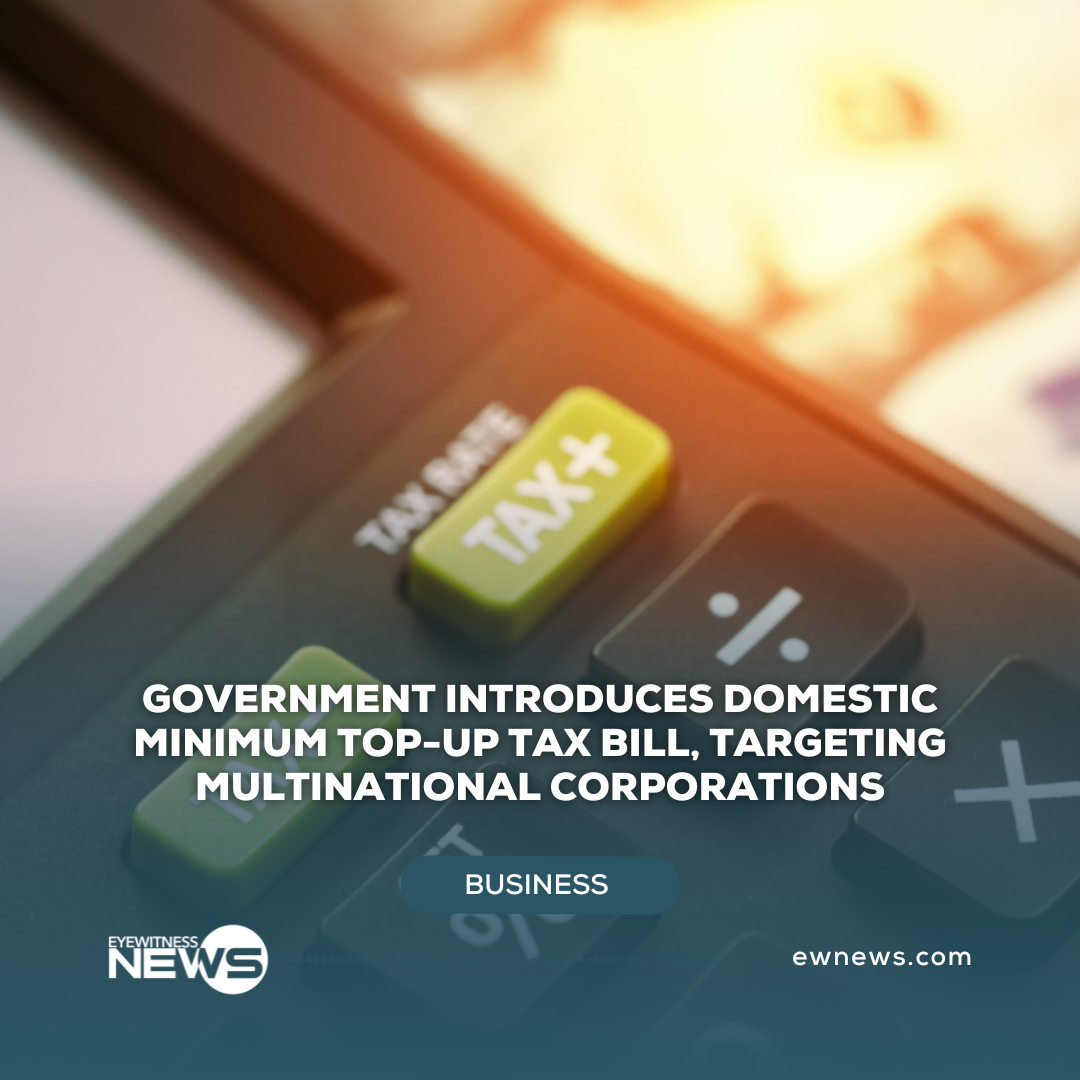NASSAU, BAHAMAS- The government on Wednesday tabled in Parliament the Domestic Minimum Top-Up Tax Bill 2024, which seeks to introduce an effective tax rate of 15 percent for in-scope multinational enterprises operating in The Bahamas that have an annual consolidated revenue of or above 750 million euros, or approximately $818 million.
Deputy Prime Minister Chester Cooper noted that at that threshold, very few Bahamian-owned and operated businesses would be impacted.
Cooper noted that the bill is designed to achieve alignment with the Organization for Economic Cooperation and Development’s Global Anti-Base Erosion Rules, aimed at ensuring a global minimum level of income tax for large multinational enterprises.
“In addition, with the passage of this bill, The Bahamas would be allowed to retain tax revenues on profits of these entities that would otherwise be subjected to top-up tax in another jurisdiction under the OECD’s Income Inclusion Rule (IIR) or the Under-Taxed Profit Rule. As a matter of policy, this administration has already stated that the lion’s share of revenue from this bill would be dedicated to debt reduction and reducing the cost of living for ordinary Bahamians,” Cooper noted.
He added that, in line with the options permitted by the EU Pillar Two directive, the draft DMTT Bill provides for the introduction of a tax intended to be a “qualified domestic minimum top-up tax.”
“This bill reflects comments received during the public consultation period, which was extended by two weeks and ended on September 30, 2024. During the debate, the government side would go through this bill in detail and provide an analysis of the policy considerations that went into it. The consultation paper foreshadowed the government’s intention to introduce some form of incentives to reduce the cost of doing business in The Bahamas. These incentives will be laid out in a companion piece of legislation,” said Cooper.
He added: “These incentives, when introduced, would impact all businesses, not just those that qualify for the DMTT. In this respect, the government plans to introduce legislation within this year, prior to any tax becoming payable under the DMTT, that will lay out the framework for such incentives in a manner that will qualify under the GloBE Rules. This proposed bill, because of its impact on all businesses, would require public consultation.”
Cooper noted that during the consultation process for the DMTT, several respondents suggested that any new incentive regime be aligned with attracting new business development in key economic activities, namely, headquarters, tourism, finance, technology, and energy. In this regard, consideration could also be given to incentives associated with employment, capital expenditures, training, local content spending, research and development costs, the creative industry, and extra-territorial turnover.
“The government acknowledges the importance of developing this new regime, which would need to apply broadly across businesses in The Bahamas. Consequently, the view was taken that a separate bill be crafted to reflect the final position of the government and submitted for consideration during the mid-year budget exercise,” Cooper said.






